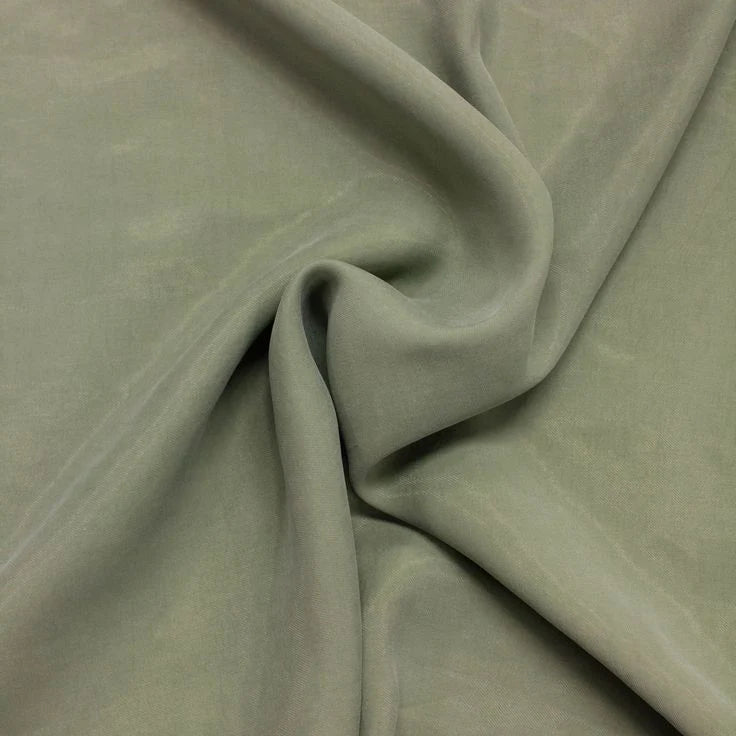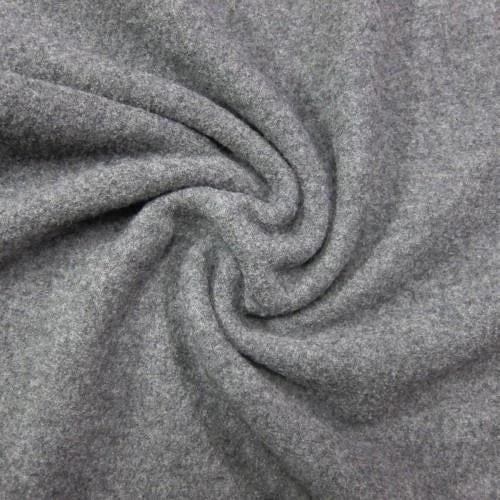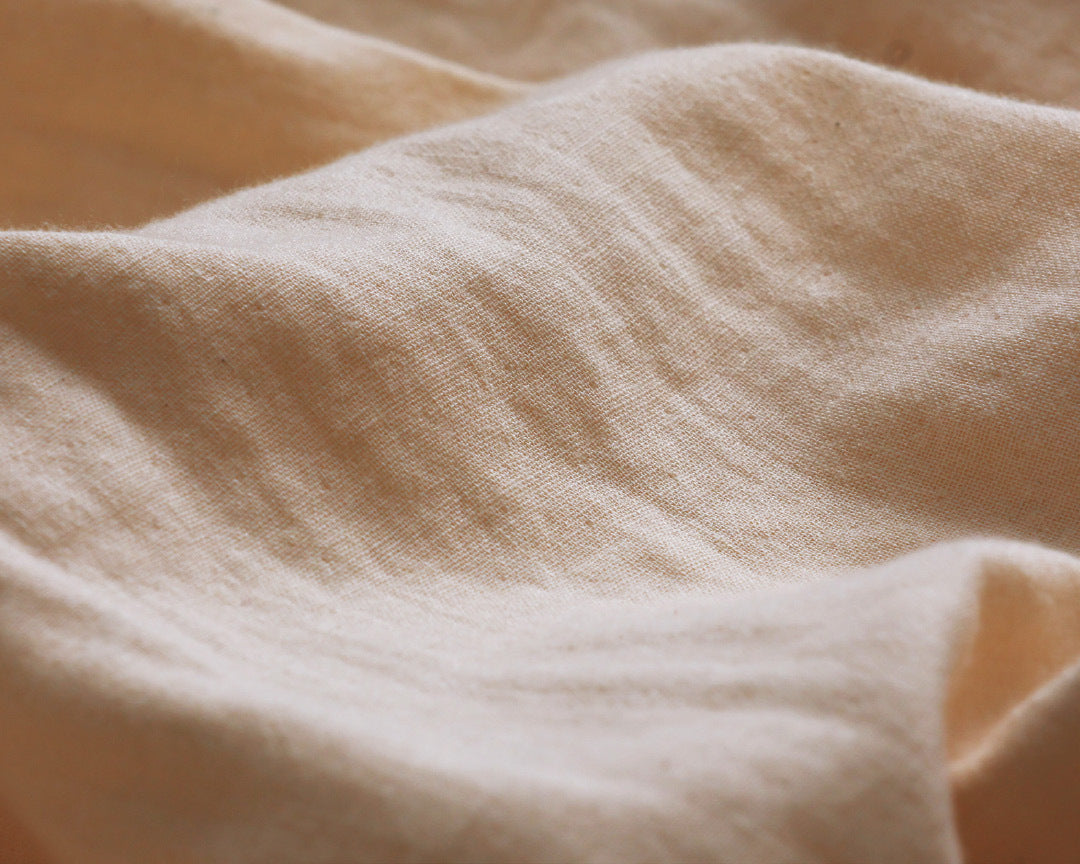
We strive to be experts in materials. We particularly love natural fibers, and in fact we choose to lean into them, as they are often the best option for comfort, staying warm, staying cool and getting the best sleep. Dive into our list of preferred materials that you will often find in our products line.
Tencel, also known as Lyocell, is a fabric made from sustainably sourced wood pulp, mainly from eucalyptus trees. Its eco-friendly production uses a closed-loop system that recycles water and solvents, minimizing waste and reducing the carbon footprint of fabric manufacturing.
For sleepwear and bedding, Tencel is highly breathable, providing effective temperature regulation and moisture-wicking properties that keep you dry throughout the night. Its smooth texture is gentle on the skin, making it suitable for those with sensitivities or allergies, and it naturally inhibits bacteria and dust mites for a healthier sleep environment.
Overall, Tencel exemplifies how textile innovation can combine sustainability with comfort and functionality.

Wool is a natural fiber from the fleece of sheep and is known for its beneficial properties for sleepwear and bedding. It provides excellent insulation and temperature regulation, keeping you warm in winter and cool in summer while wicking moisture away for comfort.
Additionally, wool is hypoallergenic and resistant to dust mites and mold, making it suitable for allergy sufferers. Its natural crimp creates air pockets for cushioning and breathability.
Environmentally, wool is a renewable resource, as sheep produce fleece annually, and sustainable grazing practices support land health and biodiversity.
Overall, wool's natural benefits and sustainable sourcing enhance sleep quality and comfort in sleepwear and bedding.

Kapok is a natural fiber derived from the seed pods of the kapok tree, native to tropical rainforests. It is lightweight and fluffy, making it an excellent choice for sleepwear and bedding.
Kapok offers great insulation, providing warmth without the added weight, while its moisture-wicking properties help keep you dry during sleep. Additionally, it is hypoallergenic and resistant to mold and dust mites, making it suitable for allergy sufferers.
Sustainably harvested, kapok does not require harmful chemicals or fertilizers, and its quick growth supports forest conservation and biodiversity.
Overall, kapok's natural qualities and eco-friendly sourcing enhance comfort and quality in sleepwear and bedding products.




